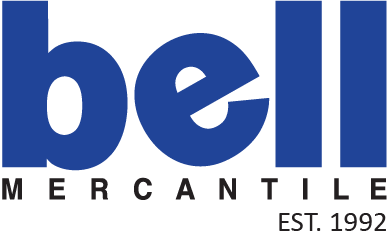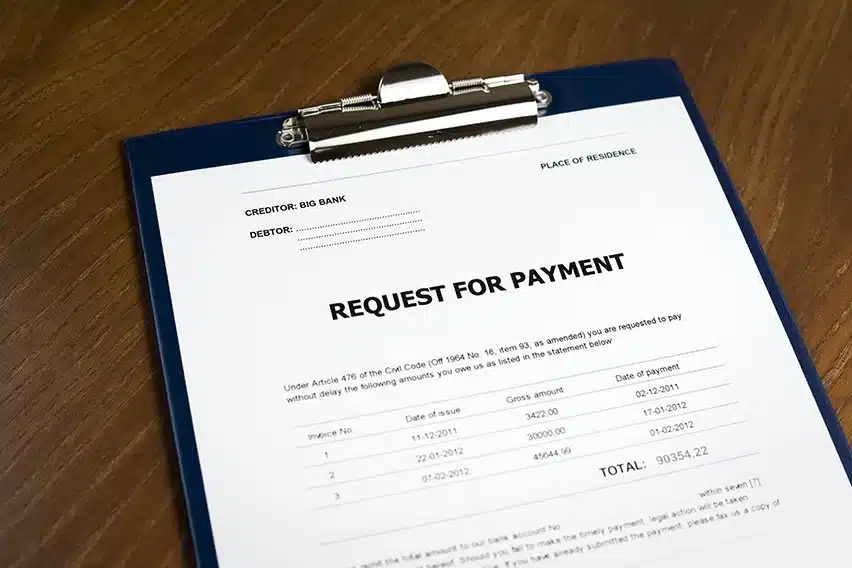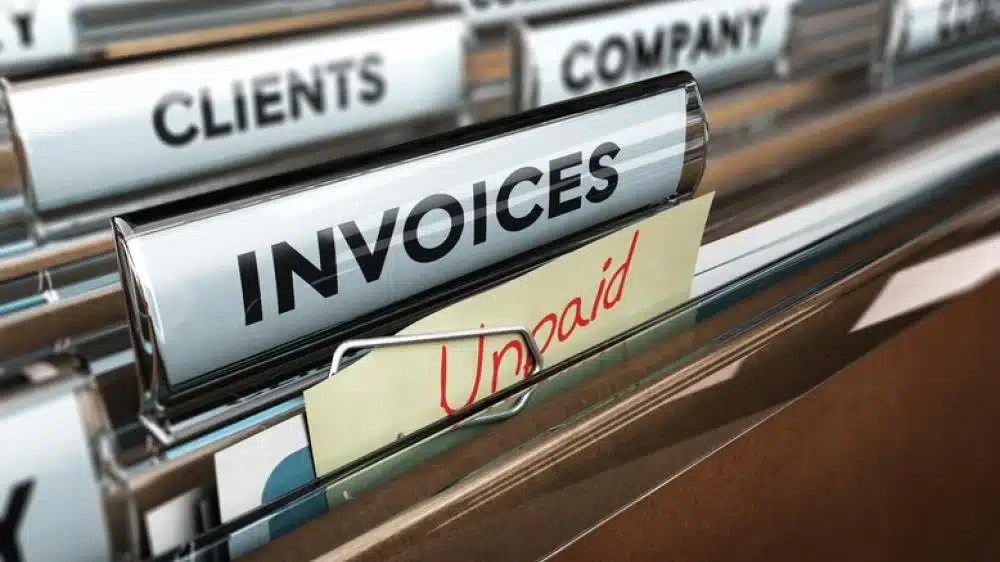Tips and Strategies to Help you Get Out of Debt Quickly & Effectively
Debt can feel like an insurmountable obstacle, so here at Bell Mercantile we’ve prepared some helpful solutions and tips to fast track your way out of debt . Whether it’s from credit cards, personal loans, or student debt, the financial burden can weigh heavily on your shoulders, often affecting your mental and emotional well-being. If you’re in Australia and struggling with debt, you’re not alone. Many Australians grapple with financial stress, but the good news is there’s a path to relief. In this comprehensive guide, we will explore practical, actionable strategies to help you conquer your debt and pave the way toward financial freedom. In the sections that follow, we will discuss how to assess your debt, create a budget, and apply effective debt repayment strategies that will set you on the path to a brighter financial future.Understanding Your Debt
Before you begin tackling debt, it’s essential to understand exactly what you’re dealing with. Debt comes in many forms, and each type requires a different approach.Types of Debt
There are two primary categories of debt: good debt and bad debt.- Good debt refers to investments that can generate value over time, such as mortgages or education loans. These types of debts often come with lower interest rates and can help you build wealth.
- Bad debt, on the other hand, typically refers to high-interest liabilities, such as credit card debt or payday loans. These debts can quickly spiral out of control if not managed properly.
Calculating Your Total Debt
To create an effective debt repayment plan, start by calculating your total debt. This includes all loans, credit cards, and outstanding balances. Make sure to account for interest rates and monthly payment obligations. Tracking all of your debt in one place will help you better understand your financial situation. You should also consider your credit utilisation ratio, which is the percentage of your available credit that you’re using. A high credit utilisation ratio can negatively impact your credit score and increase borrowing costs. Ideally, aim for a credit utilisation ratio below 30%.Building a Budget for Debt Repayment
Budgeting is the foundation of any successful debt repayment plan. By creating a budget, you can prioritise paying off your debt while still covering essential expenses.Budgeting Methods
There are several budgeting methods to choose from, each offering a unique approach to managing finances:- 50/30/20 Rule: This popular rule allocates 50% of your income to needs (like rent and groceries), 30% to wants (like dining out), and 20% to savings or debt repayment.
- Zero-Based Budgeting: In this method, every dollar is assigned a purpose, whether it’s for bills, savings, or debt repayment. At the end of the month, your income minus your expenses should equal zero.
- Envelope Method: This old-school method involves setting aside cash in envelopes for different expense categories. Once an envelope is empty, you stop spending in that category.
How to Create a Debt-Oriented Budget
Once you’ve chosen a method, it’s time to create your budget. Start by listing your income and fixed expenses (such as rent and utilities). Next, allocate funds for debt repayment. Focus on making minimum payments on all debts, but allocate extra funds to the highest-interest debt first (we’ll discuss this in more detail later). Finally, make adjustments to discretionary spending (non-essential items like entertainment) to free up more money for debt repayment. You can download free budgeting templates or use apps like Pocketbook or MoneyBrilliant to track your progress.Effective Debt Repayment Strategies
Tackling debt is more than just making payments; it’s about adopting the right strategy to clear it as quickly and efficiently as possible. Here are a few tried-and-true methods.Debt Snowball vs. Debt Avalanche
Two of the most popular repayment methods are the Debt Snowball and Debt Avalanche.- Debt Snowball involves paying off your smallest debt first, while making minimum payments on your other debts. Once the smallest debt is paid off, you move on to the next smallest. This method is motivating as it provides quick wins.
- Debt Avalanche focuses on paying off the highest-interest debt first. While it may take longer to see results, this method saves you more money in the long run by reducing the amount of interest you pay.
Debt Consolidation
For Australians juggling multiple high-interest debts, debt consolidation can be an excellent option. Debt consolidation loans allow you to combine all your debts into one loan with a lower interest rate, simplifying your payments and potentially saving you money. Some balance transfer credit cards also offer low or 0% interest for a limited time, which can be an effective way to consolidate debt if managed carefully. However, debt consolidation isn’t without risks. If you’re not careful, you could find yourself in more debt due to fees, interest, or spending on credit again.Debt Settlement and Negotiation
Debt settlement involves negotiating with your creditors to settle your debt for less than what you owe. It’s often used when you’re struggling to make any payments and is typically a last resort. While it can lower your debt, it can also negatively impact your credit score and may result in tax consequences.Boosting Income
Another way to speed up your debt repayment is by increasing your income. Look into side hustles such as freelancing, tutoring, or selling unwanted items. Even small increases in income can make a big difference when applied to debt repayment.Lifestyle Adjustments
Cutting back on unnecessary spending is another way to free up money for debt repayment. By analysing your spending, you can identify areas to reduce costs, such as dining out, subscription services, or shopping for non-essential items. The key is finding ways to cut expenses without feeling deprived, which makes it easier to stick to your plan.Maintaining Financial Wellness
Paying off your debt is a significant achievement, but maintaining financial wellness is just as important. Here are a few strategies to help you stay on track and avoid falling back into debt.Building an Emergency Fund
While paying off debt, it’s essential to start building an emergency fund. A safety net of three to six months’ worth of expenses can help you avoid going back into debt if an unexpected expense arises. You can start small, setting aside a small portion of your income each month, and gradually build your fund over time.Developing Healthy Financial Habits
Improving your financial literacy is key to long-term success. Educate yourself through books, courses, and podcasts on personal finance. Additionally, establish healthy spending habits by regularly reviewing your budget and identifying areas where you can cut costs.Seeking Professional Financial Advice
If you’re dealing with a particularly complex financial situation, seeking professional advice can be invaluable. Debt counsellors or financial planners can provide personalised strategies and support for managing your finances.Advanced Strategies for Long-Term Debt Reduction
As you work toward paying off your debt, consider more advanced strategies for ensuring you remain financially secure in the long term.Refinancing
Refinancing your loans can help you secure lower interest rates, especially if your credit score has improved. This is particularly useful for mortgages or large personal loans. Just be sure to weigh the costs of refinancing against the potential savings.Passive Income Streams
Once you’re on stable financial ground, consider creating passive income streams through investments or rental properties. Building wealth through dividends, stocks, or real estate can provide additional income to help maintain your financial independence.The Psychological Side of Debt Repayment
Debt isn’t just a financial issue; it’s often an emotional one as well. Staying motivated during the process can be challenging, but there are ways to stay focused.Staying Motivated
Create debt-free trackers to visually monitor your progress. Celebrate small milestones as you pay off each debt, whether it’s reducing a credit card balance or eliminating a loan. The sense of accomplishment can help keep you motivated to continue.Using Debt as a Learning Experience
Overcoming debt is an opportunity to develop better financial habits and discipline. As you work toward eliminating your debt, remember that the lessons learned will serve you well into the future. In Summary conquering debt can seem daunting, but with the right plan in place, it’s entirely achievable. By understanding your debt, creating a budget, choosing the right repayment strategy, and making adjustments to your lifestyle, you can make significant progress toward financial freedom. Remember, your journey to financial freedom is a marathon, not a sprint. Stay consistent, keep your goals in focus, and soon you’ll be celebrating your newfound financial independence. If you need professional guidance, Bell Mercantile is here to help. We offer a range of debt management services tailored to your needs. Contact us today to discuss how we can support you in your journey to financial freedom.FAQs:
What can I do if a client refuses to pay for services rendered?
If a client refuses to pay for services rendered, your first step should be to try and resolve the issue amicably. This could involve reaching out to the client directly to discuss the situation and understand their reasons for non-payment. If this fails, you may need to consider legal action.
What are the legal consequences of not paying a debt in Australia?
Failing to pay a debt can lead to legal consequences, including:
- Default judgement: A court may issue a default judgement against you, allowing creditors to take legal action to recover the debt.
- Garnishment of wages or assets: Creditors may be able to obtain court orders to seize your wages or assets.
- Negative impact on credit score: Unpaid debts can significantly damage your credit score, making it difficult to obtain loans or credit in the future.
Can I file for bankruptcy to get rid of my debt?
Bankruptcy is a serious step and should only be considered as a last resort. It can have significant consequences, including restrictions on your financial activities and potential damage to your credit score. Consult with a bankruptcy professional for personalised advic
What are some common debt relief options available in Australia?
Common debt relief options include:
- Debt consolidation: Combining multiple debts into a single loan with a lower interest rate.
- Debt negotiation: Negotiating with creditors to reduce the amount owed or extend the repayment terms.
Debt management plans: Working with a debt management company to create a structured plan to repay debts.
How can I improve my credit score after paying off debt?
To improve your credit score after paying off debt, continue making on-time payments on your remaining accounts, keep your credit utilisation low, and avoid opening new credit accounts unnecessarily.
What are the best debt management strategies for Australians?
Effective debt management strategies include creating a budget, prioritising debt repayment, avoiding additional debt, and seeking professional advice when needed.
How can I avoid falling back into debt after paying it off?
To avoid falling back into debt, continue to follow a budget, build an emergency fund, and develop healthy financial habits. Be mindful of your spending and avoid unnecessary debt.
What is the statute of limitations for debt collection in Australia, and how does it affect paying off my outstanding debts?
In Australia, the statute of limitations for debt collection varies by state and territory but generally ranges from three to six years. This legal timeframe specifies how long a creditor can take legal action to recover a debt before they are barred from doing so.
What are the signs that I'm in debt trouble?
Signs of debt trouble include:
- Inability to make minimum payments on your debts.
- Relying on credit cards for daily expenses.
- Increasing your debt over time.
- Experiencing high levels of financial stress.
If you’re experiencing these signs, it’s important to take action and seek professional help if needed.
What are the most effective ways to manage multiple debts in Australia?
Managing multiple debts can be done using strategies like the debt snowball method (paying smaller debts first) or the avalanche method (focusing on debts with the highest interest rates). Debt consolidation may also be an option.
How does debt consolidation work in Australia?
Debt consolidation involves combining multiple debts into a single loan with a potentially lower interest rate. This simplifies repayments and can reduce overall costs, but it’s important to weigh the benefits and potential fees.





